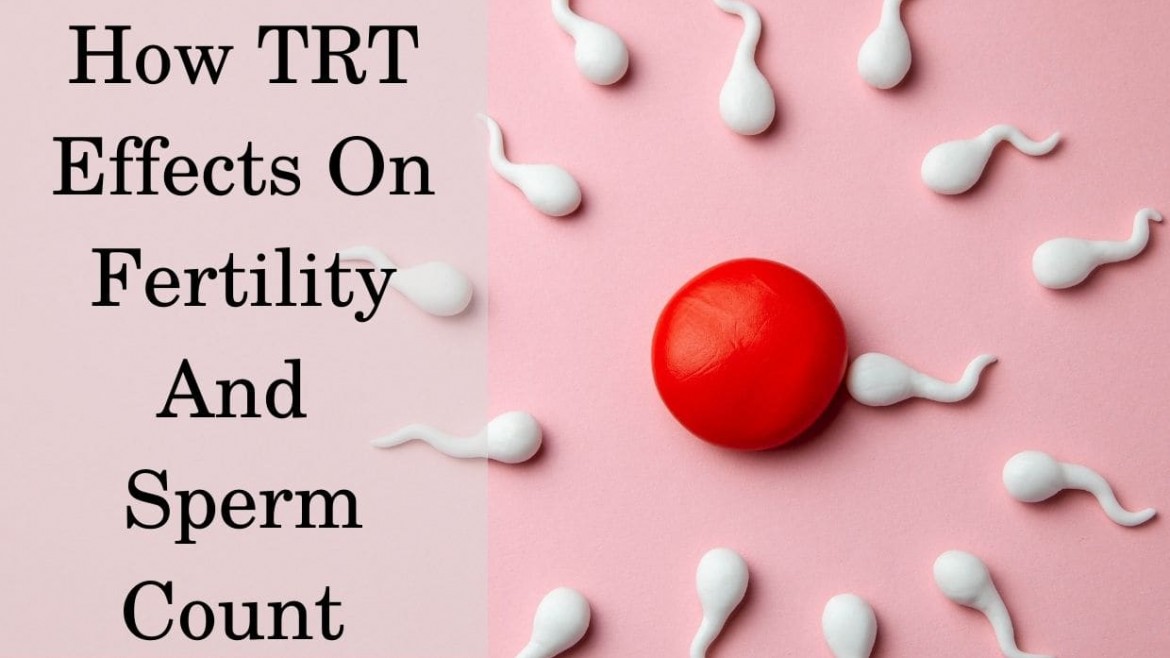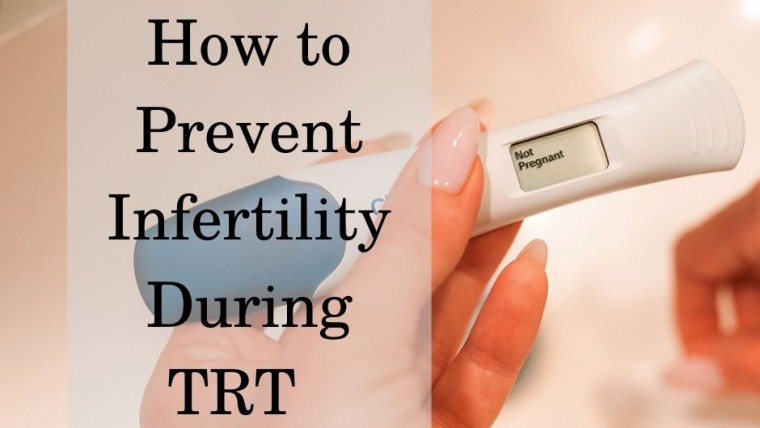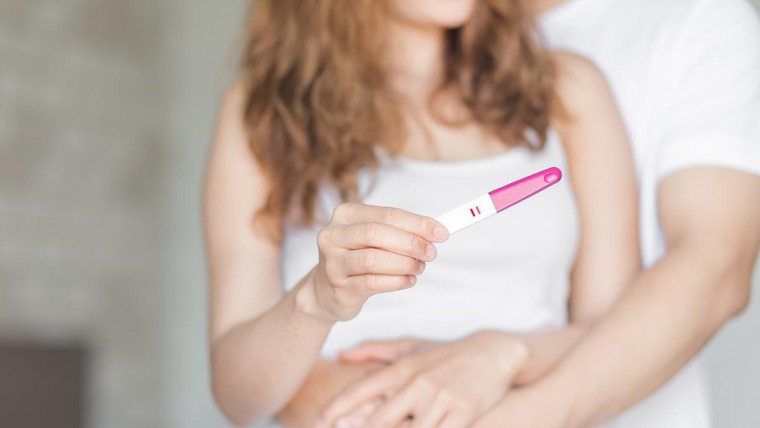In this article
If you have symptoms of low testosterone, TRT might be your best treatment option. However, one of the few side effects of the therapy is infertility, due to the suppression of natural testosterone synthesis.
While this effect is considered generally reversible, you might want to avoid testosterone therapy if you plan to have biological children.
In this article, we will reveal more about the effect of TRT on fertility, sperm count, and the methods for preventing infertility during treatment.
Does testosterone therapy make you infertile?
There is a strong relationship between testosterone and fertility. Proper sperm development depends on the normal function of the testicles and the regulation of two endocrine glands in your brain – the hypothalamus and the pituitary gland.
These glands secrete many hormones that are stimulating the production of testosterone inside the testicles including:
- gonadotropin-releasing hormone (GTRH)
- luteinizing hormone (LH)
- follicle-stimulating hormone (FSH)
However, if testosterone production is overstimulated, its elevated levels suppress GTRH and LH release in order to return T levels back to normal. This mechanism is called negative feedback.
Since testosterone therapy leads to an increase in blood T levels, this suppresses the glands in your brain and your testicles no longer have the stimulus to produce testosterone.
Unfortunately, TRT cannot increase intratesticular testosterone levels. Without the presence of the hormone inside the testicles, the growth and maturation of the sperm are disrupted, which can lead to infertility.
TRT is successfully used in postmenopausal women to treat sexual dysfunction and low sex drive
Since infertility is already present in postmenopausal women, the suppression of LH and FSH does not lead to negative consequences.
Is TRT infertility reversible?
Yes, it is possible to reverse or even avoid infertility while on testosterone therapy.
Studies have suggested that discontinuation of TRT and administration of hCG for 3 months or more can restore normal spermatogenesis and even maintain normal T levels inside the testicles. In reversing infertility, hCG can be combined with SERMs.
HCG is also effective in preventing infertility when used during testosterone replacement therapy. Different studies revealed that using low-dose hCG in combination with TRT leads to a significant increase in blood testosterone levels without any suppression of normal spermatogenesis and fertility.
Does TRT lower sperm count?
Testosterone injections affect sperm count since spermatozoids cannot develop properly without intratesticular testosterone.
Once TRT is initiated, the sperm count slowly starts to decrease, and can even reach zero after 2-4 months of therapy on average. The exact period depends on the dose and varies significantly between individuals.
More on the topic: Does a vasectomy affect testosterone levels?
How to recover sperm count after TRT
Scientific evidence suggests that in most male patients on TRT there is a spontaneous recovery of normal spermatogenesis some period after the testosterone treatment is discontinued.
In one study it took the participants 4 months to return to baseline and become fertile again, and 6 to 9 months for their sperm count to finally recover back to normal
However, some men might not recover to their normal testosterone levels and sperm count. Others might not tolerate the amount of time it takes for recovery.
In these cases, it is advised for using various pharmacological agents that can reverse or even prevent the occurrence of infertility in the first place.
Currently, human chorionic gonadotropin (hCG) and selective estrogen receptor modulators (SERMs) are the most effective pharmacological agents.
HCG is a hormone typically produced in women during pregnancy. However, it has similarities to the luteinizing hormone, which allows him to stimulate ovulation in the ovaries as well as testosterone production in the testes.
SERMs are estrogen antagonists acting on the pituitary gland. They stimulate the release of luteinizing hormone and follicle-stimulating hormone which contributes to normal intratesticular levels and spermatogenesis.
Can a woman get pregnant while a man is on TRT?
Depending on the duration of the therapy, men might still be fertile while taking testosterone. A study published in The Lancet with 271 healthy fertile men showed, that it takes 3 months on average for a man to become sterile while on testosterone replacement therapy.
On the other hand, there were men excluded in the study, where sperm cells were still present in their semen after 6 months of TRT. Thus, the chance for your partner to become pregnant while you are on testosterone is highest during the first 3 months of starting a TRT.
However, everyone responds differently and depending on the dosage some men might still preserve their fertility after 6 months of testosterone therapy.
The Takeaway
Testosterone levels can impact the quality of life in both men and women. Low testosterone can lead to numerous problems such as low sex drive, sexual dysfunction, and reduced energy levels. Furthermore, it can put you at an increased risk of osteoporosis and depression.
However, TRT is not recommended if you don’t have any symptoms of low testosterone (hypogonadism) or you and your partner are trying to conceive due to treatment effects on fertility.
At HRTGuru Clinic, you can receive full assistance from our medical specialists and endocrinology experts to maximize the benefits and avoid the side effects of testosterone replacement therapy.







